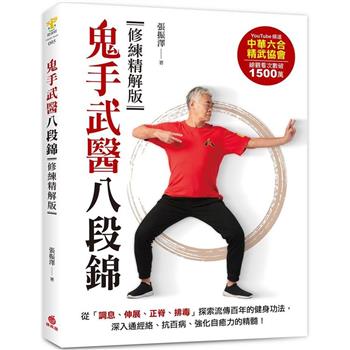This book explores the role and relevance of non-state actors (NSAs) in the international system by analyzing the ways these actors gain influence in the United Nations (UN). Offering a systematic, theoretical, and empirical account of how NSAs contest and potentially change state sovereignty through the UN the author considers the successes and failures of national liberation movements and indigenous peoples and examines how and under what conditions such a challenge is possible. This book will be of great interest to scholars and graduate students in the fields of international law, politics, history, human rights, and governance. It will be especially useful to those with an interest in the proliferation of non-state actors in the international system and the role and relevance of Intergovernmental Organizations.
| FindBook |
有 1 項符合
Non-State Actors at the United Nations: Contesting Sovereignty的圖書 |
 |
Non-State Actors at the United Nations: Contesting Sovereignty 作者:Lüdert 出版社:Routledge 出版日期:2024-05-27 語言:英文 規格:平裝 / 220頁 / 普通級/ 初版 |
| 圖書館借閱 |
| 國家圖書館 | 全國圖書書目資訊網 | 國立公共資訊圖書館 | 電子書服務平台 | MetaCat 跨館整合查詢 |
| 臺北市立圖書館 | 新北市立圖書館 | 基隆市公共圖書館 | 桃園市立圖書館 | 新竹縣公共圖書館 |
| 苗栗縣立圖書館 | 臺中市立圖書館 | 彰化縣公共圖書館 | 南投縣文化局 | 雲林縣公共圖書館 |
| 嘉義縣圖書館 | 臺南市立圖書館 | 高雄市立圖書館 | 屏東縣公共圖書館 | 宜蘭縣公共圖書館 |
| 花蓮縣文化局 | 臺東縣文化處 |
|
|
圖書介紹 - 資料來源:博客來 評分:
圖書名稱:Non-State Actors at the United Nations: Contesting Sovereignty
內容簡介
作者簡介
Dr Jan Lüdert is the Head of Programs at the German Centre for Research and Innovation New York City. He previously served as Associate Professor at City University of Seattle where he was the inaugural Director of Curriculum and Instruction. Jan held positions as Visiting Research Scholar at the Ralph Bunche Institute for International Studies at City University of New York’s Graduate Center as well as Research Associate with the DFG ’Dynamics of Security’ project at Philipps Marburg University. He is an alumnus of Seattle’s World Affairs Council Fellows and UBC Liu Institute for Global Issues Scholar programs.
|









